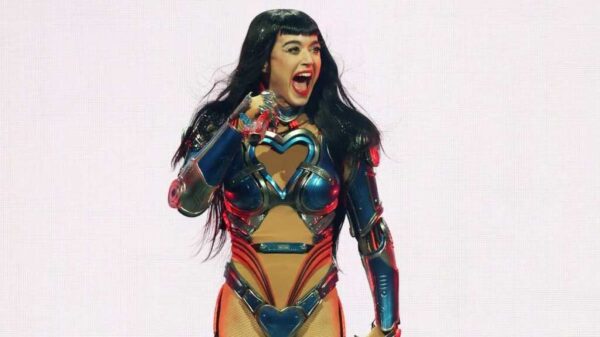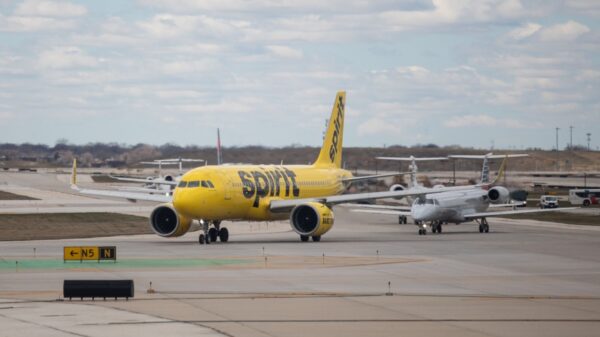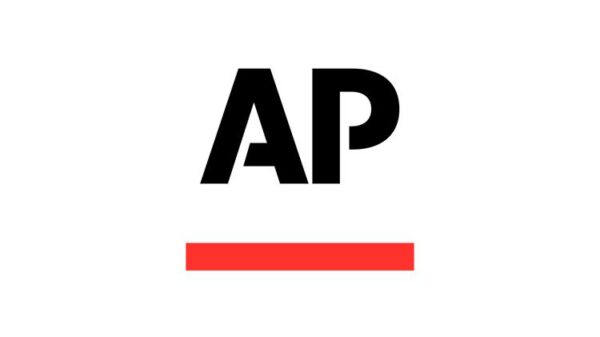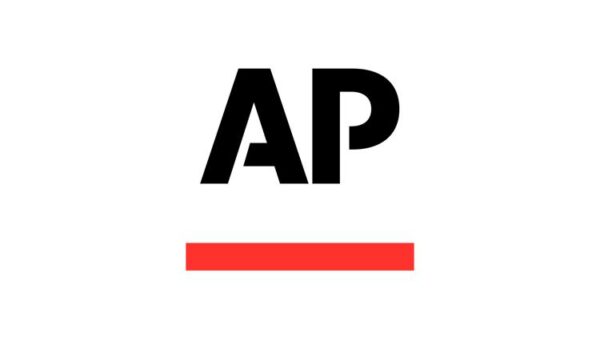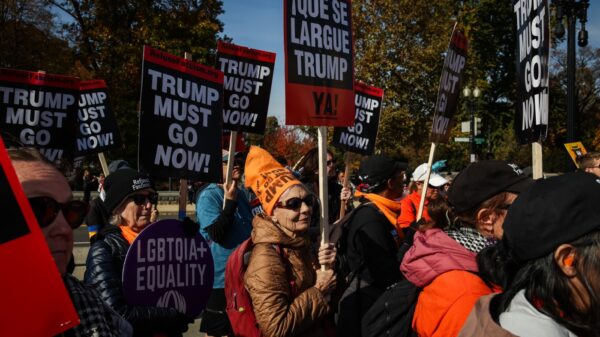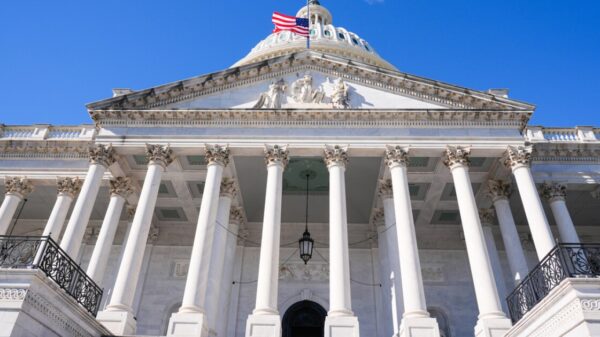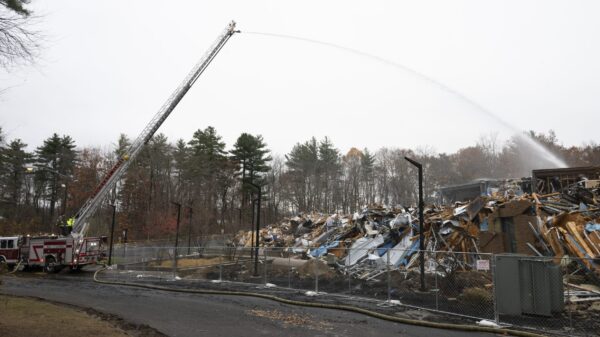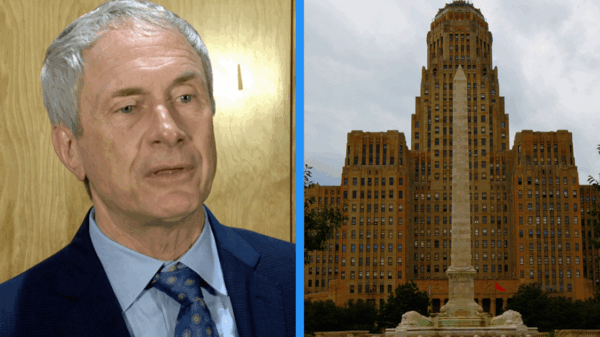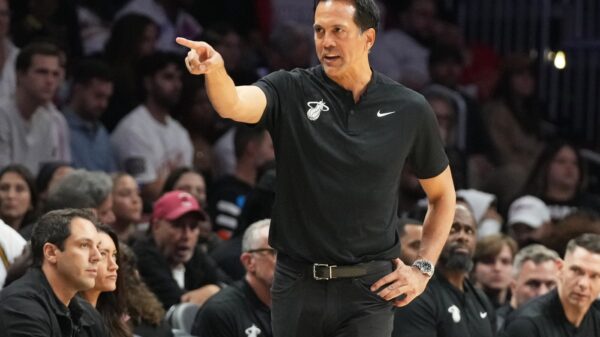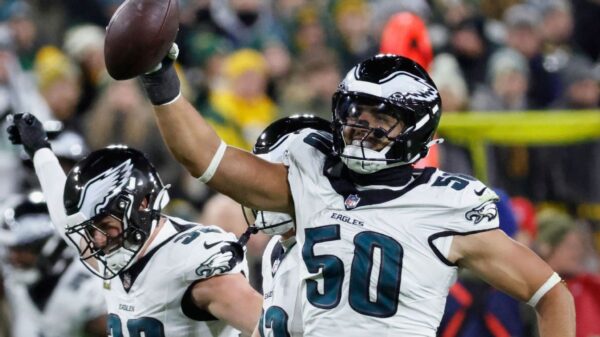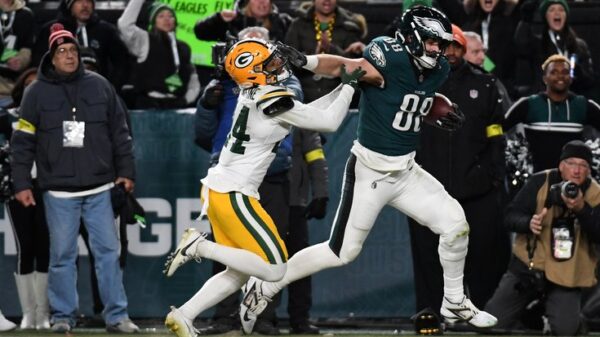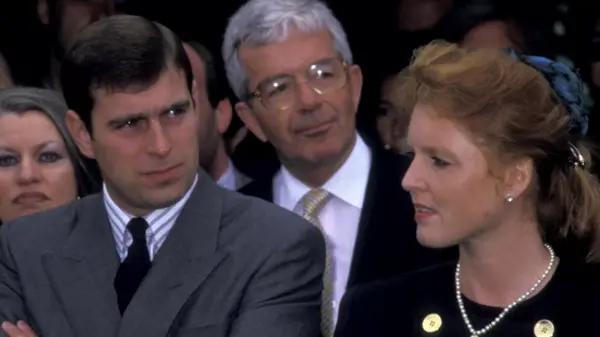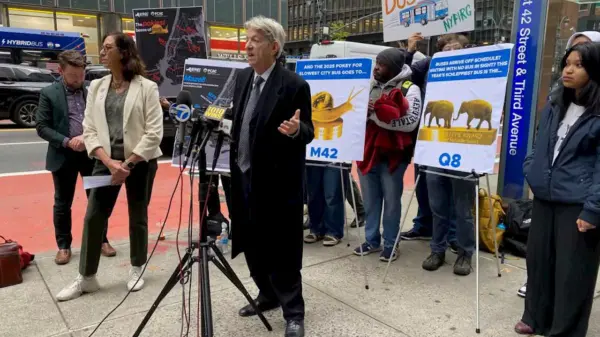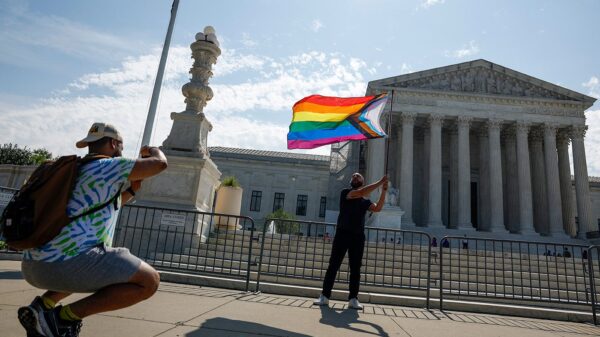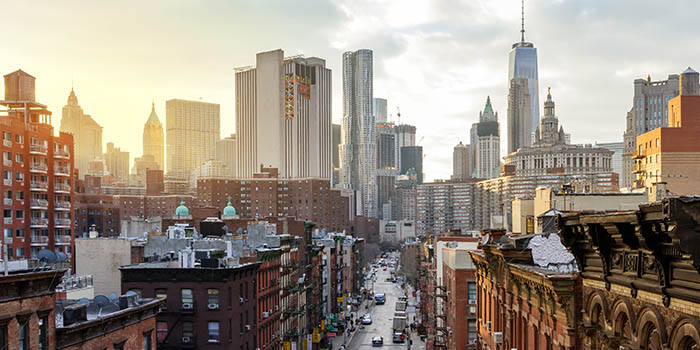BREAKING NEWS: Manhattan’s aspirations for its first casino have just been dashed as a local advisory group decisively rejected the final proposal. The Community Advisory Committee voted 4-2 against the ambitious $11 billion “Freedom Plaza” project, ending years of speculation about a Vegas-style resort in the heart of the city. This decision, made on September 22, halts plans for a six-acre site just south of the United Nations, a location that many believed could transform Manhattan’s business and tourism landscape.
Despite last-minute commitments from the Soloviev Group and Mohegan, a prominent gaming operator from Connecticut, to create over 1,000 affordable homes and reinvest in the neighborhood, the proposal failed to secure the necessary support. The rejection follows the dismissal of two other high-profile casino plans in Manhattan: one in Times Square backed by Caesars Entertainment and Jay-Z’s Roc Nation, and another in Hudson Yards by Related Companies and Wynn Resorts. With all three proposals turned down, Manhattan is now completely out of contention for any of the three downstate casino licenses.
Local politicians have pointed to strong community opposition, highlighting concerns over increased traffic, public safety, and impacts on quality of life. Residents voiced fears that a casino near the UN complex would strain an already burdened infrastructure, especially during significant events like the General Assembly, according to reports from The New York Times.
Michael Hershman, head of the Soloviev Group, expressed his disappointment, arguing that Manhattan needed a resort of this scale to attract visitors and create jobs while addressing community needs. Similarly, Ray Pineault, CEO of Mohegan, lamented that the review process did not adequately consider the potential economic and social benefits their plan could have brought.
City officials, including a spokesperson for Mayor Eric Adams, criticized the rejection of all three proposals, stating it resulted in lost opportunities for billions in investments, new homes, and educational facilities. They labeled the outcome a significant setback for the borough.
With Manhattan out of the casino race, focus shifts to five remaining proposals outside the borough. These include plans from Steve Cohen and Hard Rock International to establish a casino adjacent to Citi Field in Queens, a project in Coney Island supported by Thor Equities, and Bally’s proposal for the former Trump golf course in the Bronx. Additionally, bids from existing racinos, including Resorts World New York City at Aqueduct in Queens and MGM Empire City in Yonkers, are still in contention.
State regulators are set to award licenses by December, but local approvals are essential for any proposal to proceed. Some projects, like the Coney Island casino, are already facing increasing political pushback. What was once viewed as Manhattan’s golden opportunity for casino development may now signal a shift towards the outer boroughs for New York’s gambling expansion.
As the implications of this decision ripple through the community, the outlook for Manhattan’s casino ambitions appears bleak. The landscape of New York’s gambling scene is rapidly evolving, and all eyes are now on the proposals outside the city’s core.

